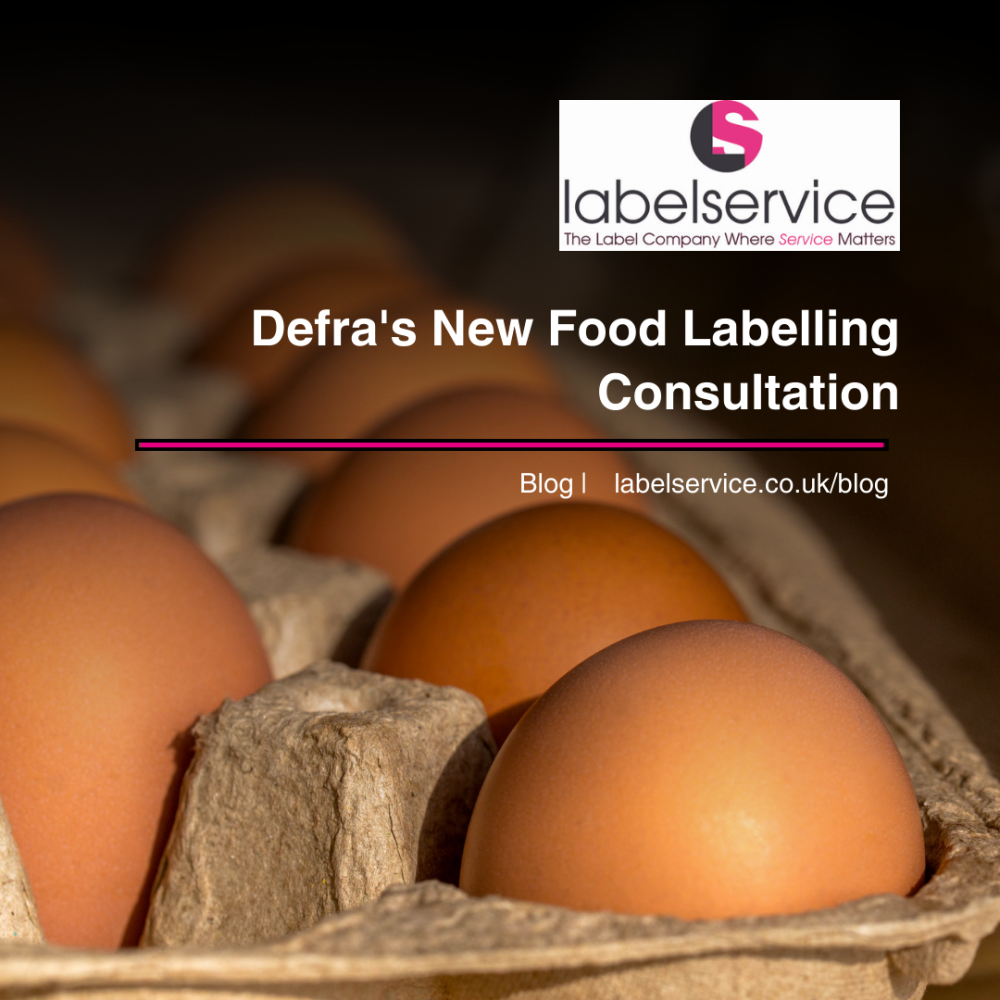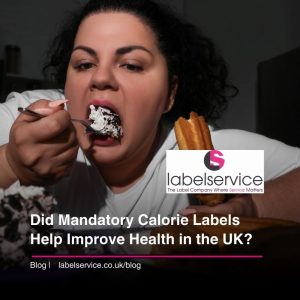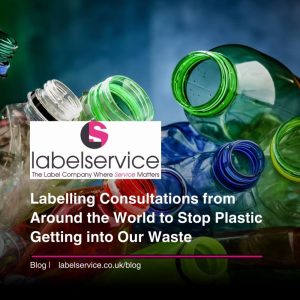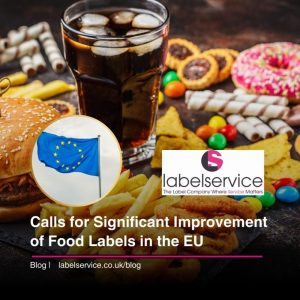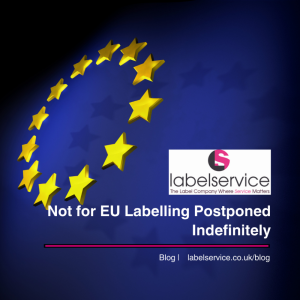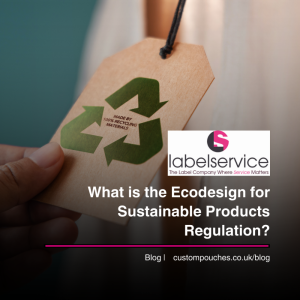Plans to give shoppers more information about how and where their food is produced and ensure British farmers’ products get the recognition they deserve, were launched Tuesday 12 March by Environment Secretary Steve Barclay. The proposals for fairer food labelling will ensure greater transparency around the origin of food and methods of production, helping consumers make decisions that align with their values.
The consultation looks at how to improve country of origin labelling for certain goods, including how and where this information is displayed and what products should be included. For example, if imported pork is cured into bacon in the UK and features a Union Jack, exploring ways to make it more obvious to consumers that the pig was reared abroad – such as increasing the size of the country of origin text, or placing it on the front of the packet.
It also sets out proposals to require ‘method of production’ labelling on pork, chicken and eggs. These include a mandatory five-tier label for both domestic and imported products which would differentiate between those that fall below, meet and exceed baseline UK animal welfare regulations, which are some of the highest in the world. The consultation was announced by the Environment Secretary at the Oxford Farming Conference in January, and builds on commitments in the Government food strategy.
It follows recently announced measures designed to support farmers and promote fairness in the supply chain, including the largest ever round of farming grants announced by the Prime Minister at the NFU conference in February, an annual Farm to Fork Summit to increase industry collaboration, and new regulations to ensure fair and transparent contracts for dairy farmers.
The New Consultation
Defra pulled back from plans to consult on a tiered labelling system linked to the method of production last year, in response to concerted opposition from within the supply chain over the cost and complexity of the plans and fears they could mislead consumers over welfare claims. The new consultation also looks at how to improve country of origin labelling for certain goods, including how and where this information is displayed and what products should be included.
Defra said it wants to address a situation where, for example, imported pork is cured into bacon in the UK and features a Union Jack, by exploring ways to make it more obvious to consumers that the pig was reared abroad,
It is seeking views on options for changing origin labelling, including:
- Mandatory origin labelling for minimally processed meat products, such as bacon
- Increased visibility of origin labelling
- Mandatory origin labelling for certain foods in the out of home sector, for example cafes and restaurants
- Greater control of the use of national flags on labels.
The consultation also sets out proposals to require ‘method of production’ labelling on pork, chicken and eggs. This would apply to all unprocessed pork, chicken and eggs and certain prepacked and loose minimally processed products with pork, chicken or egg. Defra is proposing a mandatory label for both domestic and imported products with five tiers – for example, numbers, letters, stars or an alternative – to differentiate between products that fall below, meet and exceed relevant baseline UK animal welfare regulations. Under the proposals:
- The lowest tier has no specific requirements associated with it. It indicates products that are not verified as meeting baseline UK welfare regulations for the metrics that underpin the label.
- The next tier indicates products which meet baseline UK welfare regulations for the metrics that underpin the label.
- The three higher tiers indicate production standards that increasingly exceed baseline UK welfare regulations.
- An example for pigs suggests the tiers could place free-range production in the ‘highest’ tier, followed by outdoor-bred (high). The third (improved) and fourth (standard) tiers would be ‘enhanced indoor’, including enrichment, and indoor production. The bottom ‘unclassified’ tier would be ‘non-UK standard’.
- The document sets out in detail the production standards that would be required for each tier, including how long a pig would need to be in a production system for to qualify.
- All requirements for a tier would need to be met for a product to be labelled as meeting that standard, with each proposed tier building on the one below.
Mr Barclay, who announced the consultation at the Oxford Farming Conference in January, said the proposals for fairer food labelling will ‘ensure greater transparency around the origin of food and methods of production, helping consumers make decisions that align with their values’. He said: “This government backs British farmers, who work hard to produce food to world-leading standards and maintain our nation’s food security. British consumers want to buy their produce, but too often products made to lower standards abroad aren’t clearly labelled to tell them apart.
“That is why I want to make labelling showing where and how food is produced fairer and easier to understand – empowering consumers to make informed choices and rewarding our British farmers for producing high-quality, high-welfare food.” James Bailey, executive director of Waitrose, welcomed the move: “Better information boosts demand for higher standards, as we’ve seen with mandatory egg labelling. Extending this to more products benefits shoppers, farmers, and animals.
“We support the government’s efforts to improve transparency and ensure shoppers aren’t misled, while giving farmers recognition for their commitment to animal welfare.”
Fidelity Weston, chair of the Consortium of Labelling for the Environment, Animal Welfare and Regenerative Farming (CLEAR) said: “We in the UK have some of the highest farming standards, producing quality food products. That needs to be recognised in the marketplace. To achieve this, we need a clear definition of the many terms used to describe the method of production, and transparency and honest data about how the food was produced on the farm, and right through to the end product.”
Commenting before the consultation document had been published, NPA chief executive Lizzie Wilson said: “We will need to see the full details of what is being proposed before giving our verdict on whether they are workable and are likely to achieve their goals. “The principle of greater transparency and clearer labelling to differentiate high quality British product from inferior imports, of course, has merit. The questions are going to be around how this is delivered in practice, without adding unnecessary costs.”
On the method of production labelling proposals, she added: “Again, we will need to see the full details, but we were part of a widespread coalition of industry bodies that opposed these plans when raised previously by Defra. It has to be meaningful for consumers and it could be very difficult to do this reliably for pigs, given that different parts of the carcase can go into many different markets, while there are real concerns over the cost and complexity that the requirement would add into the supply chain.
“We also need to avoid falling into the trap of claiming one system is automatically better than another – method of production is not an indication of good or poor welfare. We would also question how this could be reliably applied to imports.”
NFU deputy president David Exwood said there was a clear need for better labelling to enable consumers to make a more informed choice. “However, labelling on its own is not the answer to safeguarding our own high standards from imports that are produced under conditions that would be illegal in the UK,” he added. “That is why one of our asks in our election manifesto calls on the next government to enshrine a set of core environmental and animal welfare standards in law for all agri-food imports.”
Flaws in the consultation
This misses the point that food labelling already does – and always will – fail animals.
Currently, eggs are the only animal product that must display the production method used, whether from caged, barn, or free-range chickens. And yet, these labels have been consistently shown to be misleading when it comes to animal welfare.
For example, ‘barn’ eggs come from chickens who are unlikely to ever see daylight. Free-range hens are also kept in barns but must typically have some access to the outdoors via small pop-holes – although in huge, crowded barns, these holes are inaccessible for many birds. Due to outbreaks of avian flu, the government may allow producers to retain a ‘free-range’ label despite the chickens being kept indoors. Even on ‘organic’ farms, animals can be kept in sheds of up to 3,000 birds making it impossible to ensure the wellbeing of every individual. Then there is the physical toll that egg-laying takes on these delicate animals: bone fractures and foot burns (caused by a build-up of excrement) are both common throughout the egg industry.
Egg labelling has been mandatory since 2004, but it hasn’t improved life for these chickens. Food assurance schemes, such as Red Tractor and RSPCA Assured, are more examples of food labelling that continues to fail animals and mislead consumers.
In 2016, Animal Aid found injured and bloodied turkeys at a free-range, RSPCA Assured farm that was supplying the likes of Lidl, Marks & Spencer and the Co-Op. An earlier exposé of a chicken farm in Somerset – whose products also carried the RSPCA Assured label – found chickens starving to death because agonising leg and hip injuries prevented them from reaching feed and water stations.
Even at the end of their lives, animals are not protected by welfare labelling or accreditation schemes. Since 2009, Animal Aid have filmed inside many British slaughterhouses and found evidence of lawbreaking in nearly all of them, including those endorsed by the Soil Association and the RSPCA. There is no “fairer” food labelling that is fair to animals. Regardless of how animal products are produced or labelled, there will be cruelty involved.


